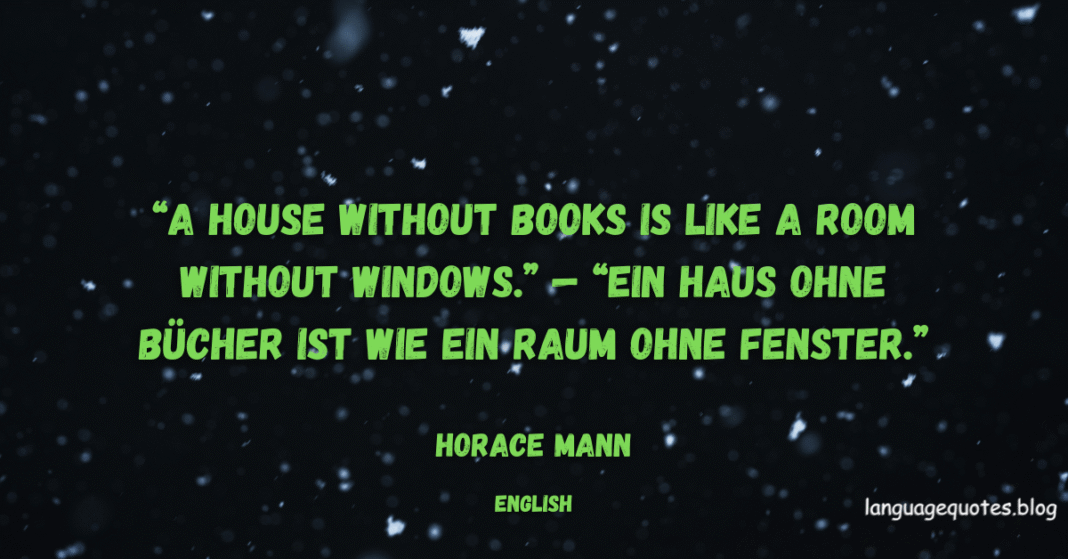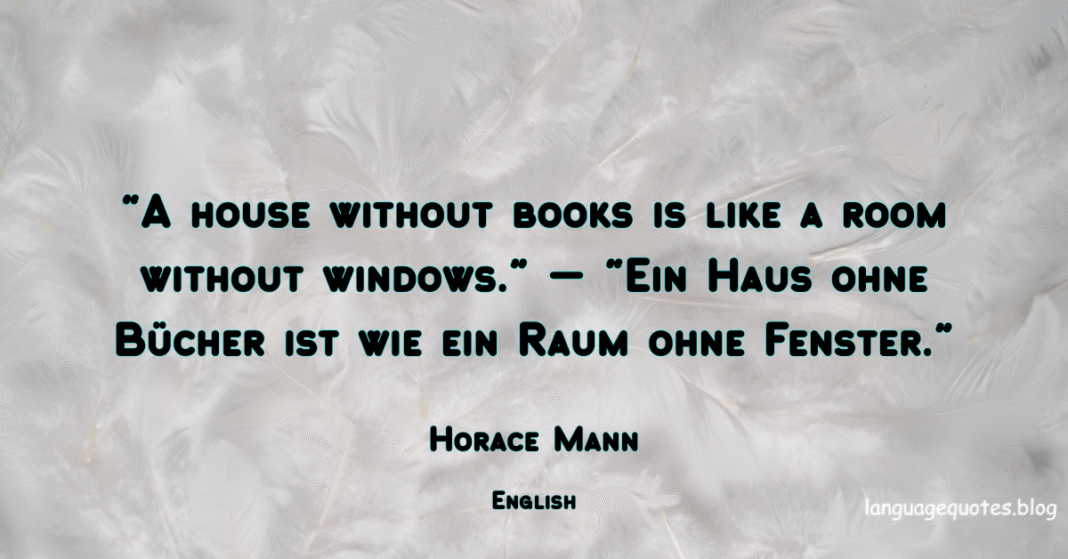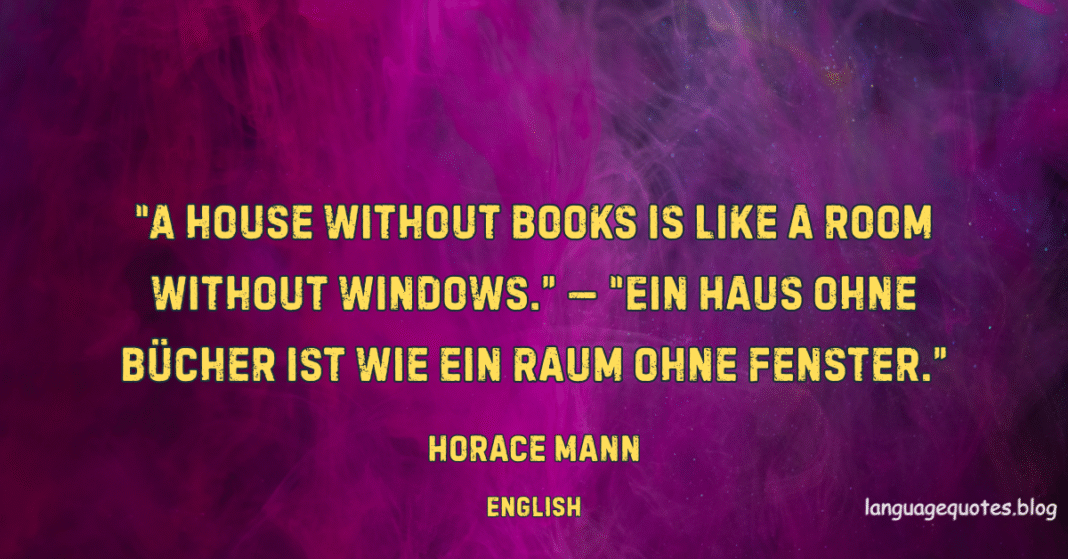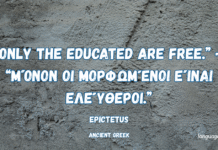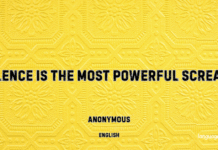“A house without books is like a room without windows.”
— Horace Mann
🗨️ Two-Line Commentary:
Mann’s metaphor is a timeless reminder that books are not ornaments—they are oxygen. A home with books breathes, sees, and grows.
🏠 Introduction: A Window to the Soul of a Home
In this timeless quote, American educator and reformer Horace Mann beautifully captures the relationship between a home and the books within it. “A house without books is like a room without windows” is not just a poetic observation—it’s a profound truth about the role of books in shaping our inner and outer environments.
Windows provide light, air, and perspective. They allow us to see the world and feel connected beyond our walls. Likewise, books offer intellectual illumination, emotional oxygen, and a view into other lives, ideas, and universes. A house without books may have walls, furniture, and decor—but without this essential “window,” it lacks soul, curiosity, and the capacity for growth.
📖 Who Was Horace Mann?
Horace Mann (1796–1859) was a pioneering American educator often called the “Father of the Common School Movement.” He believed in the transformative power of universal education, and he championed the idea that public education is the foundation of a free and just society.
This quote reflects Mann’s belief that books are not just optional decorations or hobbies—they are necessary tools for an enlightened, empathetic, and democratic life. For Mann, education begins in the home, and the presence of books is the first sign of an educated and engaged household.
📚 Why Books Are More Than Objects
Books are much more than paper and ink. They are:
-
Portals to the past
-
Guides for the present
-
Beacons for the future
In the absence of books, a house may still function—but it will be intellectually stifled. It may contain comfort and shelter, but it lacks imagination, empathy, and intellectual expansion.
Books introduce us to cultures we’ve never visited, people we’ve never met, and ideas we’ve never considered. They challenge assumptions, deepen understanding, and build mental clarity.
🪟 The Window Metaphor: Seeing Beyond
Mann’s metaphor is powerful because it invites us to imagine:
-
A room with no windows: dark, enclosed, isolating.
-
A mind without books: uninspired, unaware, unchallenged.
Just as a window lets in light and offers vision, books let in knowledge and offer perspective. They open up possibilities, just like windows reveal the outside world. A room without a window feels suffocating. A life without books can feel the same—cut off from the vast, luminous expanse of human thought.
🧠 Psychological & Emotional Value of Books
Books aren’t just for learning—they’re tools of healing and self-reflection. Psychology supports the benefits of reading:
-
Reading reduces stress
-
Boosts empathy through “narrative transportation”
-
Strengthens cognitive skills and critical thinking
-
Builds vocabulary and emotional intelligence
Homes filled with books often become spaces of dialogue, reflection, and growth. Children raised in such homes tend to have stronger literacy and better academic outcomes—not just because they read, but because they learn to think deeply and feel widely.
🧬 The Impact on Children & Future Generations
Studies show that children who grow up in homes with books score significantly higher on literacy and numeracy tests—even when accounting for socioeconomic background. A house with books sends a message:
“Learning matters here. Imagination matters. Thinking matters.”
Books in the home become unspoken mentors. They shape values, open minds, and lay the foundation for lifelong curiosity. Every bookshelf is a statement of values, and every unread book is a promise of growth.
🎨 The Aesthetic & Cultural Value
There’s a reason books are part of interior design. Books make homes feel alive. They’re tactile, visual, and emotional. Their presence adds warmth, color, and intellectual texture.
A home with books becomes a living organism—always growing, always evolving, always thinking. It reflects not just who you are, but who you’re becoming.
🌐 Cultural Universality: Across Time and Borders
From ancient scrolls in Mesopotamia to Renaissance libraries to digital eBooks, humans have always surrounded themselves with words, ideas, and stories. Mann’s quote is a universal truth that transcends time and geography.
In every culture, books have been agents of change. Banned, burned, or protected—books are seen as powerful because they shape minds and movements. A house filled with books is not just a quiet space—it’s a revolution in waiting.
🔚 Conclusion: Let the Light In
Horace Mann’s quote, “A house without books is like a room without windows,” is more than an aesthetic preference—it’s a call to intentional living. A home should be more than shelter. It should be a place of illumination, reflection, and intellectual freedom.
To fill your home with books is to open the windows of your mind—to let in the light of other lifetimes, to breathe in the air of wisdom, and to see further than the walls that surround you.


